Today’s scientific world rests upon the shoulders of the Jewish, Christian and Muslim scholars who translated ancient scriptures in the Middle Ages. The significance of this transfer of knowledge cannot be overstated, even if it wasn’t the only strand of transmission. The “House of Wisdom” was founded in Baghdad in the 9th century and became the site of much translation effort: Persian, Aramaic, Syrian, Hebrew, Indian (Sanskrit) and Latin manuscripts were translated into Arabic there by Jewish, Christian and Sabaean scholars. Developed by the Austrian National Library, this exhibition is dedicated to this phenomenal period of the meeting of cultures. Four great writing cultures are presented: Hebrew, Greek, Arabic and Latin. While religiously-motivated questions prevented the acceptance of cross-cultural knowledge, they also often provided the initial impetus for scientific research. Find out more about the ‘Jews, Christians and Muslims’ exhibition from Martin-Gropius-Bau’s website.
Preview the exhibition below | See Apollo’s Picks of the Week here

Viper hunt, from Theriaca book, c. 1220–40, Yaḥyā an-Naḥwī. Courtesy Martin-Gropius-Bau

Mahzor (prayer book for the New Year and the Day of Atonement), 1415, Vienna. Courtesy Martin-Gropius-Bau

Title page with a dedicatory inscription to Emperor Frederick III, from De praeservatione corporum a pestilentia et de causis pestilentiae et modis eius, late 15th century, Johannis de Albertis of Capodistria. Courtesy Martin-Gropius-Bau

Twelve “masters” under the planetary sky, from the Oracle book, c. 1370, Middle Rhine. Courtesy Martin-Gropius-Bau

Astrolabe, 1029, Muḥammad Ibn-aṣ-Ṣaffār. Staatsbibliothek zu Berlin


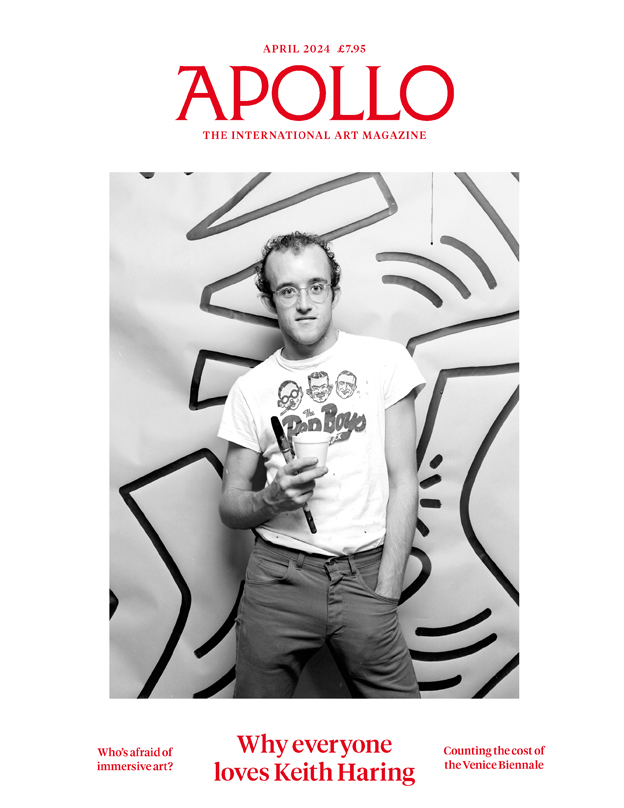
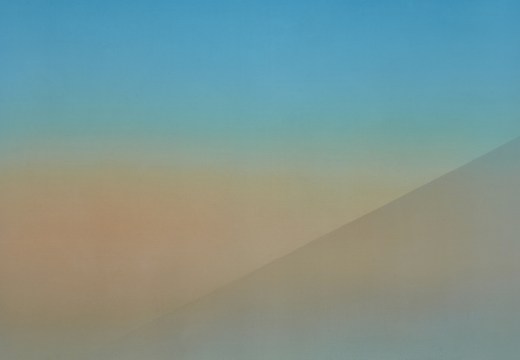
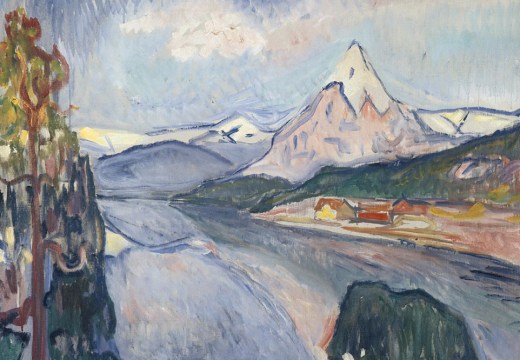
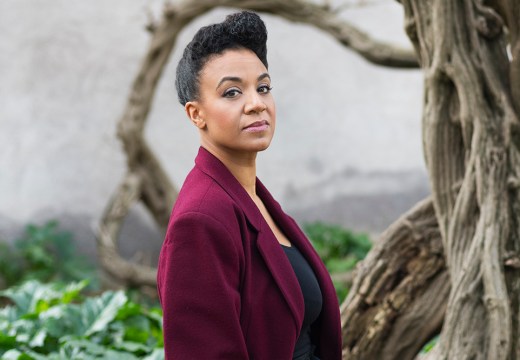
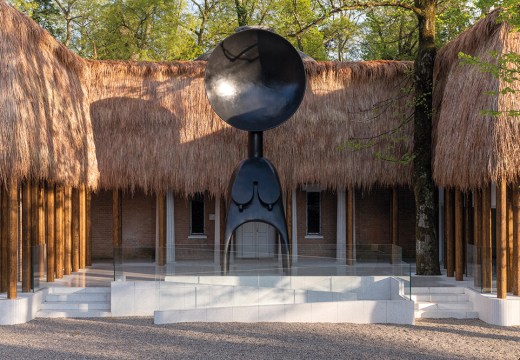

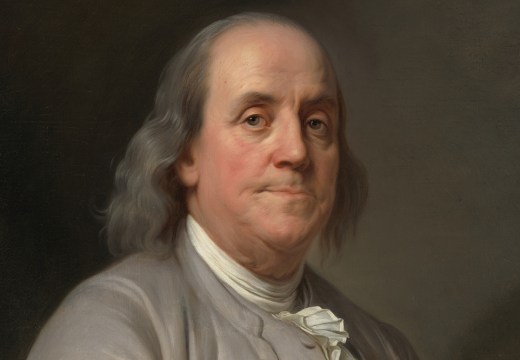
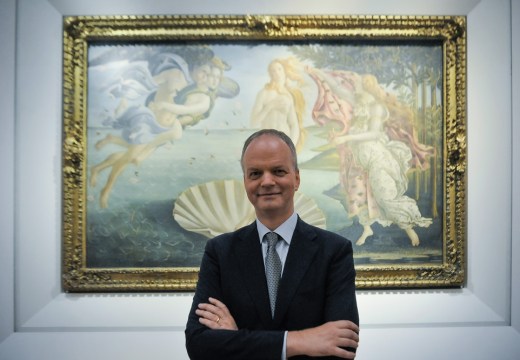
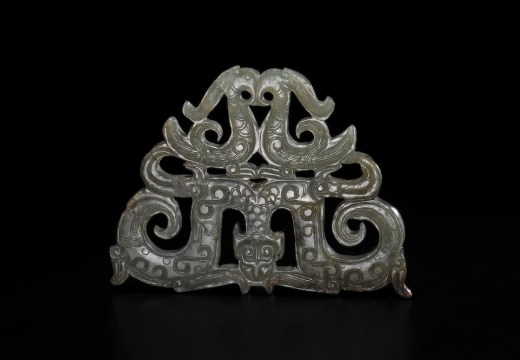
![Masterpiece [Re]discovery 2022. Photo: Ben Fisher Photography, courtesy of Masterpiece London](http://www.apollo-magazine.com/wp-content/uploads/2022/07/MPL2022_4263.jpg)
Why are fathers so absent from art history?